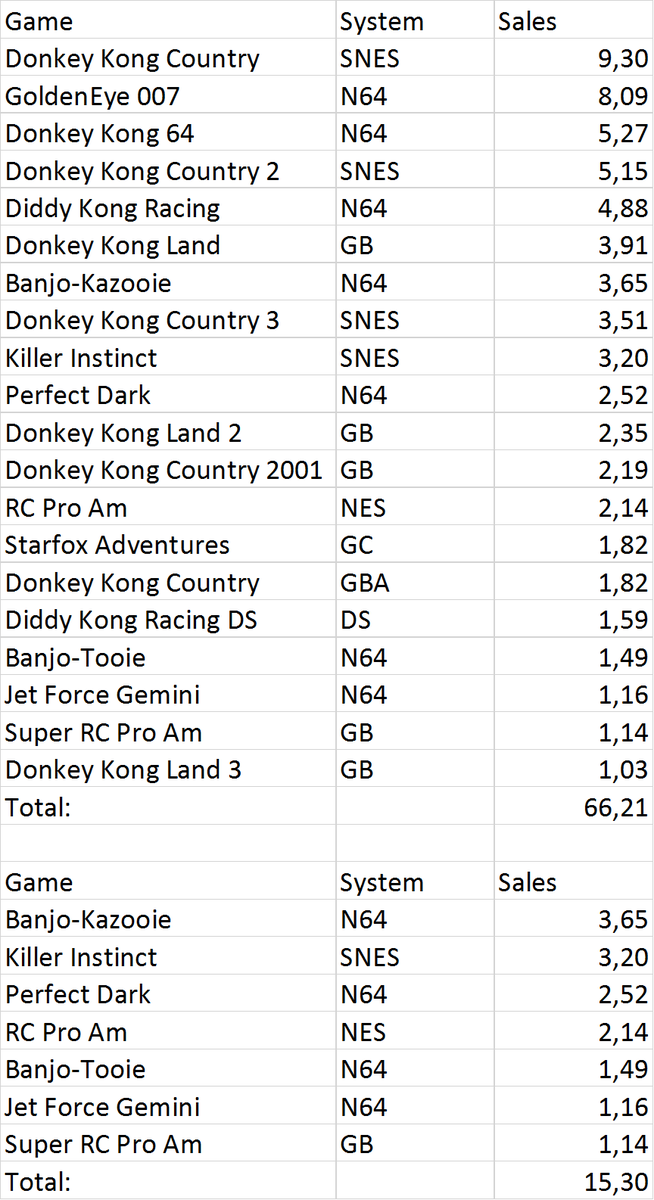Like, read defintion of indie developer anywhere, there's no moving goalposts. Just one of us is wrong, and it's not me

Google "indie game developer".
https://en.wikipedia.org/wiki/Independent_video_game_development
https://en.wikipedia.org/wiki/List_of_indie_game_developers
Indie develoeprs make indie games. It's in the name! NLG are only independent in that fact they're owned by themselves / not beholden to some other company (although Nintendo should just buy them, they need some more dev studios in the West). They don't make indie games, so they're not an indie developer.
Again moving goalposts.
The first article talks about indie game development, not developers, so it's nothing new and not what we are talking about, except that you insist to mix indie developer with indie development.
The second article has an inaccurate definition of indie developers and then lists developers, many that haven't even made indie games, like Hello Games that made NMS, with the backing of a big publisher, the basic rule of an indie game broken right there, thus breaking the definition of the same article, they are an indie developer that made a non indie game.
Indie developer = independent developer = developer that isn't part of a bigger company.
Indie game = videogame developed without the backing of a publisher.
It's not that hard, the size of the company doesn't matter, the games they develop don't matter.
What if Nintendo payed Thomas Happ games to develop a new 2D Metroid game?
Would that game be an indie? No.
Would Thomas Happ games stop being an indie developer? No.
Would the game be awesome? Hell yeah!



